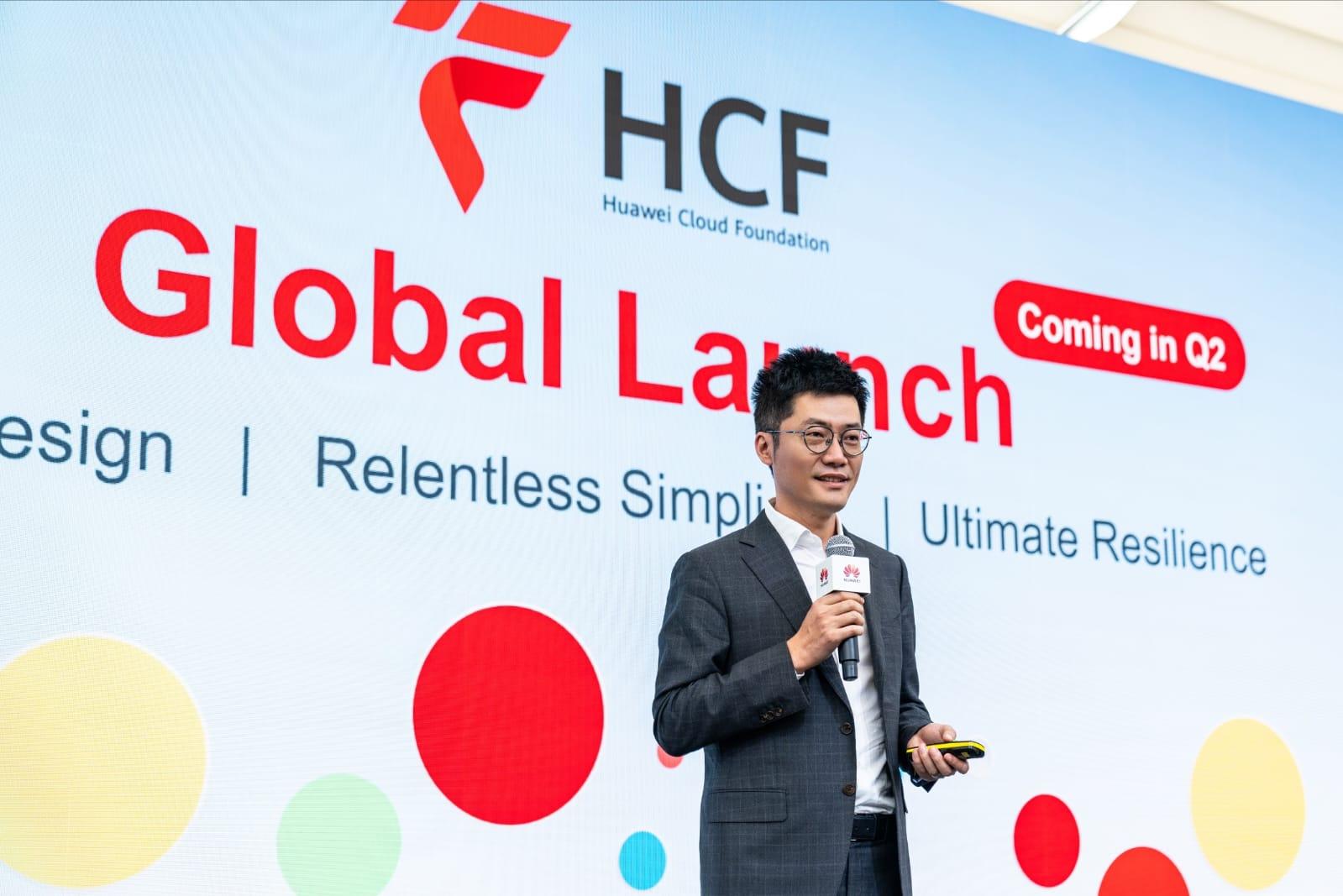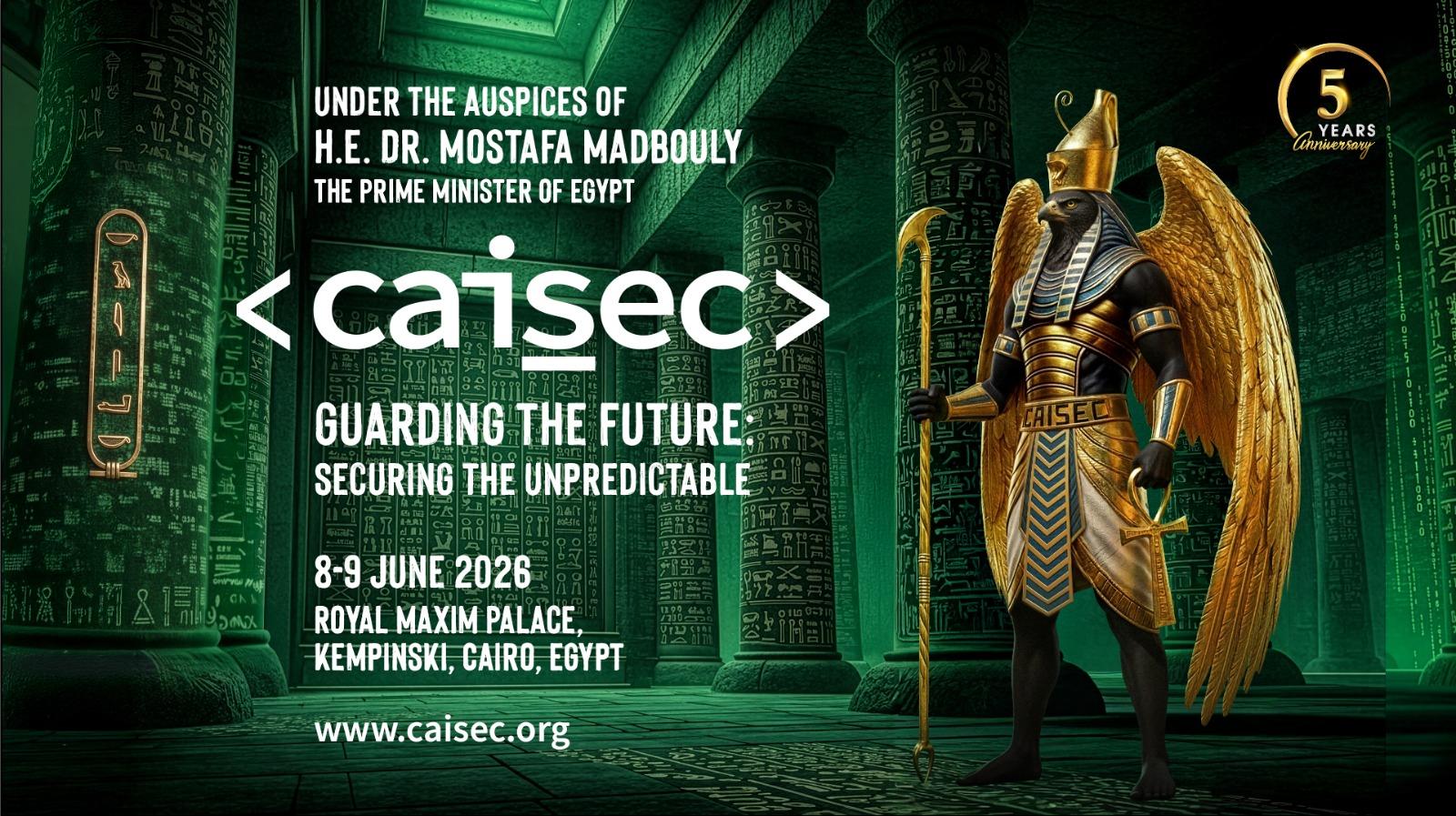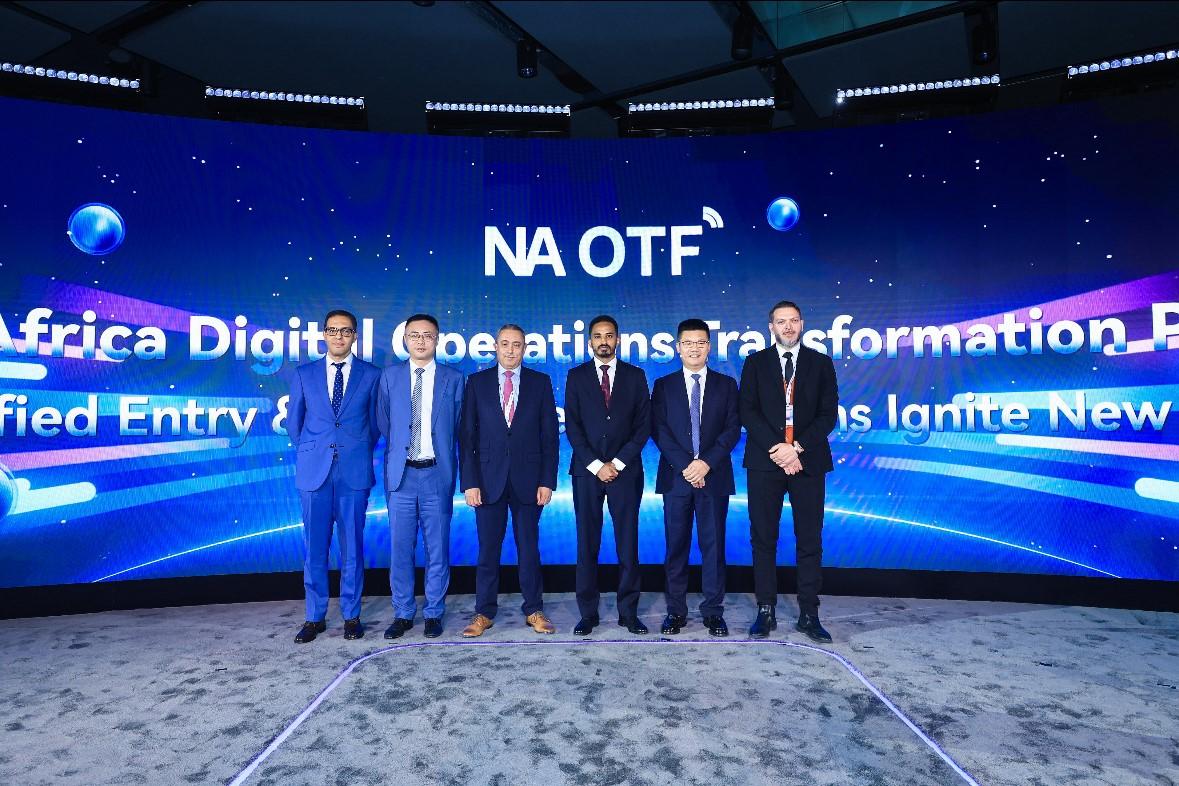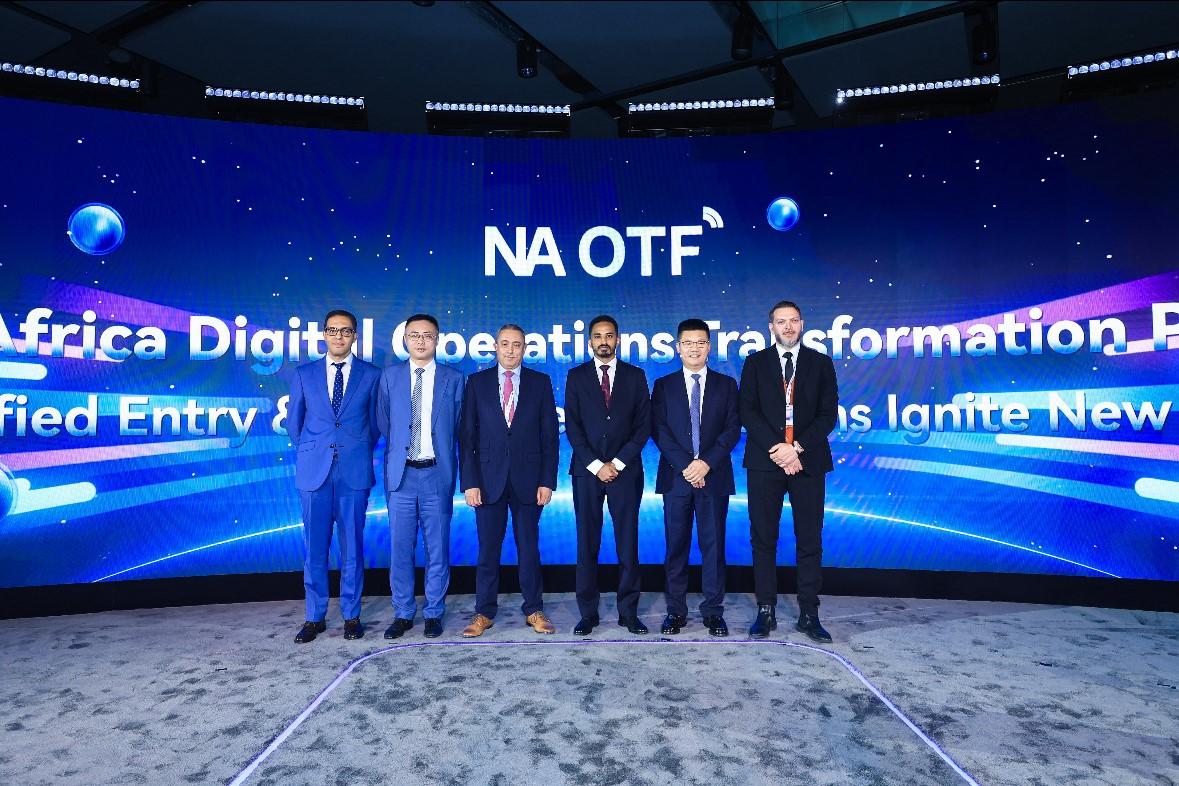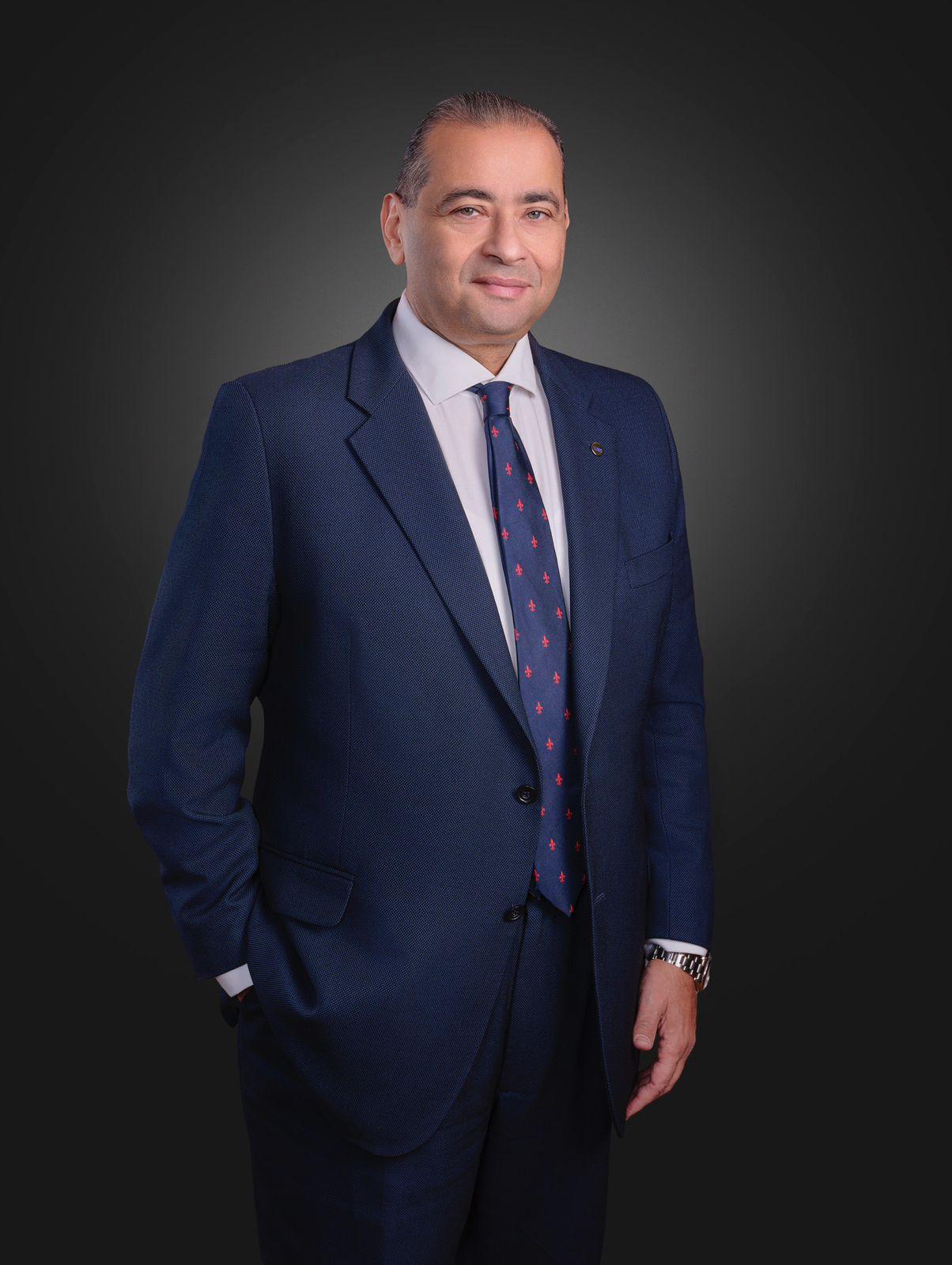Books: Nelly Ali
The Arab Council of Ministers for Communications and Information adopted during the work of its (23) session in the Saudi capital, Riyadh, the Egyptian proposal for the formation of an Arab "Artificial Intelligence" team, which in turn will undertake the tasks of setting a unified Arab strategy, and adopt appropriate and stimulating regulatory frameworks to benefit from artificial intelligence technology, and exit A guide document for the member states in the council on the best ways to employ them to serve the goals of the Arab countries.
Dr. Amr Talaat yesterday presided over the works of the 46th ordinary session of the Executive Office of the Arab Council of Ministers for Communications and Information, which was organized by the Technical Secretariat of the League of Arab States in Riyadh in the presence of Ambassador / Kamal Hassan Ali, Assistant Secretary-General for Economic Affairs of the League of Arab States, and representatives of member states in the Executive Office Which includes 7 Arab countries: Egypt, Saudi Arabia, the United Arab Emirates, Tunisia, Lebanon, Libya and Palestine. The activities of the meeting witnessed the presentation of the Egyptian proposal regarding the formation of an Arab artificial intelligence team "AI", setting a common framework for capacity building, spreading awareness of the pros and cons of this technology, and preparing young people to compete for relevant job opportunities. A number of proposals to develop the communications and information society in the Arab world were also discussed during the meeting of the Arab Council of Ministers for Communications and Information.
The most prominent recommendations adopted by the Council were as follows: Approving the establishment of a temporary Arab working group for indicators of communications and information technology, and agreeing to hold the meeting (46) of the Permanent Arab Committee for Communications and Information during the second quarter of 2020 in coordination with the presidency of the Committee at the headquarters of the General Secretariat unless it progresses One of the Arab countries has requested to host it.
It was also announced that Riyadh was chosen as the Arab digital capital for the year 2020, and agreed to form a team consisting of the General Secretariat, the Arab regional office of the International Telecommunication Union and the Arab Organization for Communication and Information Technologies, and whoever wants from the Arab countries to set up a mechanism with new data to choose the Arab digital capital, as well as agreeing to form a committee Coordination from the technical secretariats of the Arab Councils of Ministers for Communications, Information, Interior, and Justice, and the states and organizations wishing to participate to develop joint working mechanisms that serve the joint Arab Action Organization in the field of cybersecurity.
The Honorable Council welcomed the Egyptian Post initiative, preparing the design of the memorial stamp for the Diamond Day of the League of Arab States.
The activities of the Arab Telecommunications and Information Council of Ministers meeting were attended by Houlin Zaw, Secretary General of the International Telecommunication Union, Bashar Hussein, Director General of the International Bureau of the Universal Postal Union, and Ambassador Kamal Hassan Ali, Assistant Secretary General for Economic Affairs of the League of Arab States.
During his speech at the Arab Council of Ministers for Communications and Information, Dr. Amr Talaat reviewed Egypt's integrated vision regarding the consolidation of a common Arab digital community which includes three main pillars: the raising of the efficiency of the digital information infrastructure for Arab countries in a way that provides them with greater access to information and guarantees the quality and sustainability of communication services Provided to citizens, as well as providing distinguished digital services to citizens and the business sector, which contributes to achieving financial inclusion and paves the way towards establishing the rules of the digital economy; while the second pillar is to build the capabilities of Arab youth on the latest technologies and bid farewell Digital innovation by directing attention towards building a base of digital competencies, and adopting effective policies on ICT-based innovation through which efforts are combined among actors that include the government sector, academic and research entities, financial institutions, the private sector, entrepreneurs, networks Support to embrace creative ideas and turn them into technological products with added value, explaining that the third pillar is concerned with integrating advanced technologies, especially artificial intelligence, in the digital system, and activating its applications in support of decision-making for Fair distinct technical services contribute to the achievement of the desired development.





